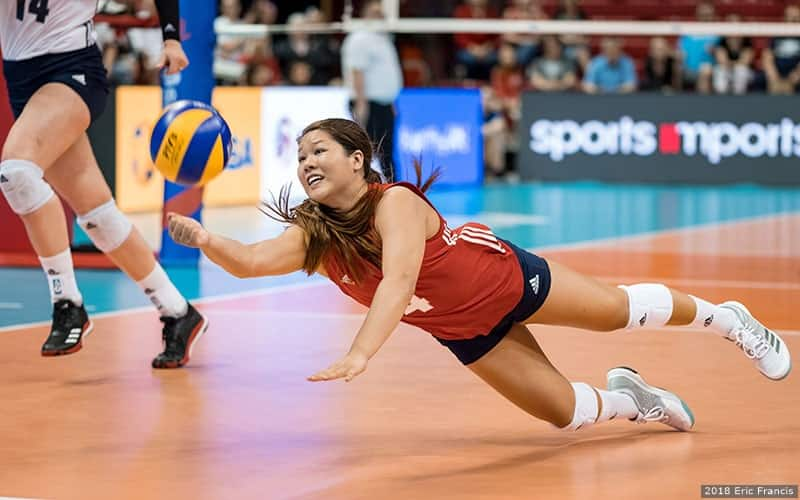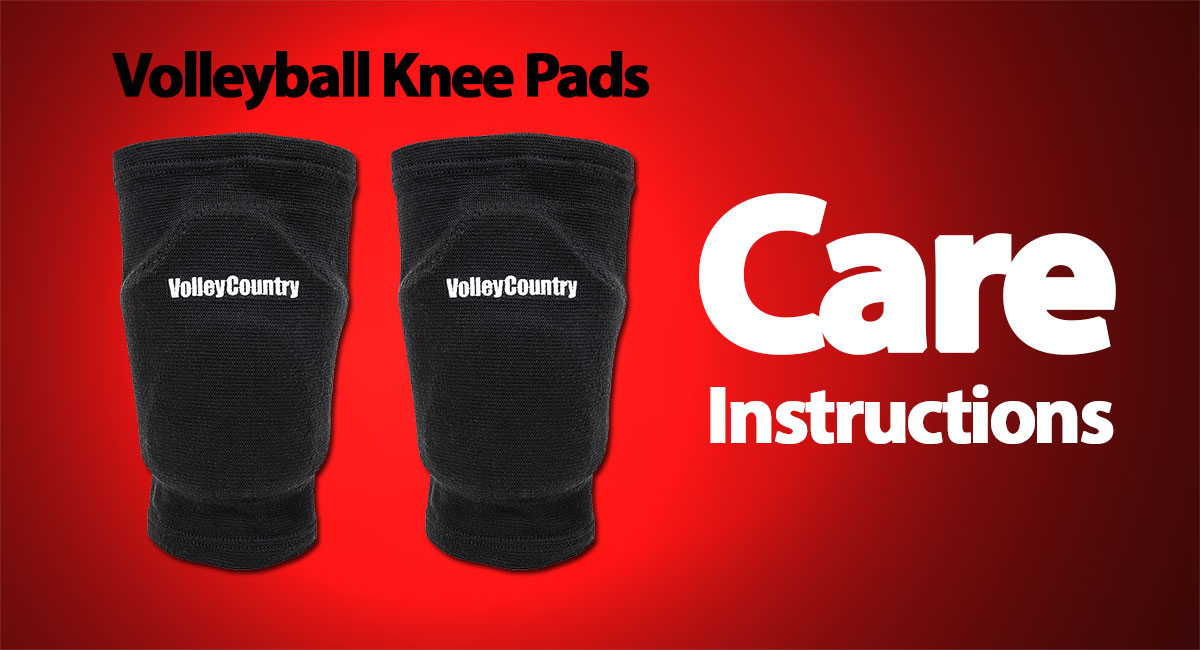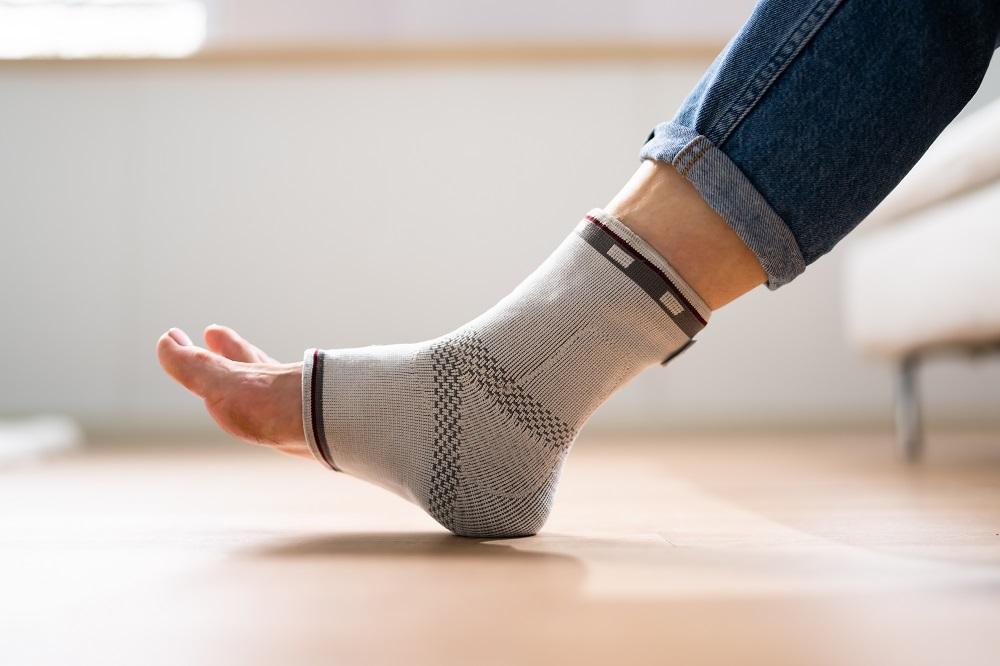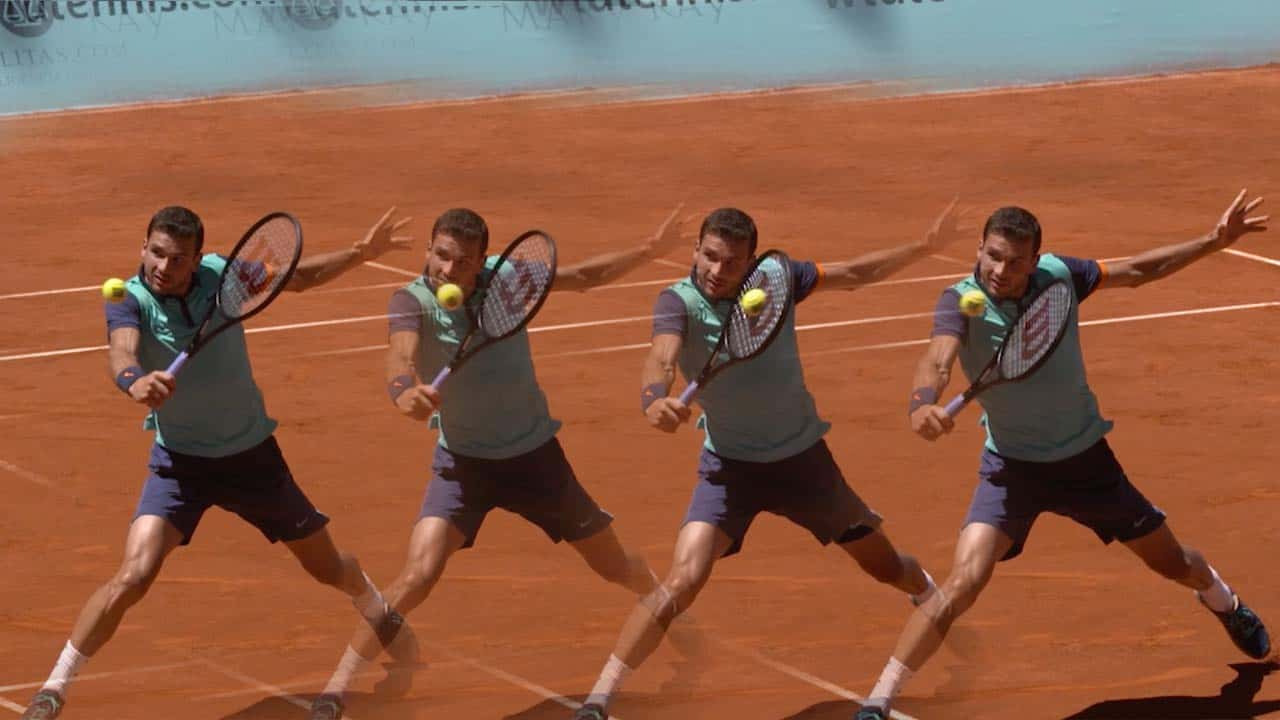Playing volleyball can be a fun and exhilarating activity. Whether you are a beginner or have been playing for a while, it’s natural to wonder if you are good at the sport. While there is no definitive answer to this question, there are certain indicators that can help you determine your proficiency level. In this article, we will explore some ways to assess your skills and evaluate if you are good at volleyball.
1. Skill Development
One of the main factors that indicate your skill level in volleyball is your ability to execute various techniques. This includes fundamentals such as serving, passing, setting, attacking, and blocking. A good volleyball player demonstrates consistency and accuracy in these skills. They possess a strong understanding of the game and can apply different strategies in different situations. Continuous practice and improvement in these areas indicate a high skill level.
2. Court Awareness
A skilled volleyball player is aware of their surroundings at all times. They have excellent court vision and can anticipate the movement of both teammates and opponents. This allows them to position themselves effectively and make smart plays. They understand the importance of communication and can effectively direct their teammates on the court. Being able to read the game and react quickly is a clear sign of proficiency in volleyball.
3. Game Performance
Another way to gauge your skill level in volleyball is through your performance in actual games. A good player consistently makes positive contributions to the team. They are reliable in executing their role and are actively involved in rallies. They demonstrate good decision-making skills and can adapt to the flow of the game. Additionally, strong mental toughness and the ability to handle pressure situations are important attributes of a skilled volleyball player.
4. Physical Fitness
Volleyball is a physically demanding sport, and your level of fitness can impact your performance on the court. Good players possess a balance of strength, agility, and endurance. They have the ability to jump effectively, move quickly, and maintain stamina throughout a match. Physical fitness contributes to their overall performance and their ability to execute different techniques with power and precision.

Credit: usavolleyball.org

Credit: weartesters.com
5. Coach and Peer Feedback
Getting feedback from your coach and peers is invaluable when evaluating your skill level. They can provide insights on areas that need improvement and highlight your strengths. Seek constructive criticism and be open to learning. Valuable feedback offers an objective perspective and helps you identify areas for growth. It is important to remember that even the best players have areas they can work on, so use feedback as an opportunity for personal development.
Frequently Asked Questions For How Do You Know If Your Good At Volleyball?
How To Improve Volleyball Skills?
Practice regularly, focus on technique, and seek feedback from experienced players or coaches.
What Are The Key Volleyball Skills?
Key skills include serving, passing, setting, hitting, and blocking, along with good footwork and positioning.
Why Is Teamwork Important In Volleyball?
Teamwork is essential for communication, coordination, and covering the court effectively to win games.
What Exercises Can Help Volleyball Players?
Strength training, plyometric exercises, agility drills, and flexibility exercises can enhance a volleyball player’s performance.
Conclusion
While determining if you are good at volleyball is subjective, considering your skill development, court awareness, game performance, physical fitness, and feedback from coaches and peers can help you evaluate your proficiency level. Remember that everyone progresses at their own pace, and consistent effort and dedication are key to improving your skills. Whether you are a recreational player or aspiring to compete at a higher level, the most important thing is to enjoy the game and continue working towards becoming a better player.



